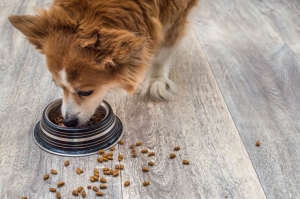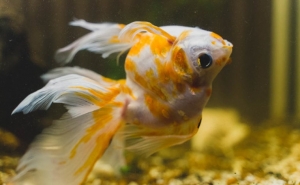As dog owners, it's natural to want to share the foods we love with our furry companions. A quick peek into the fridge can offer more than just a snack for yourself—it can reveal a trove of nutritional options that are safe and even beneficial for your pup. But not everything in your refrigerator is pet-friendly. Knowing which human foods qualify as safe "superfoods" for dogs can support their overall health without putting them at risk.
What Makes a Food a "Superfood" for Dogs?
A superfood is typically rich in nutrients like vitamins, antioxidants, and healthy fats, which can enhance your dog's health in meaningful ways. However, dogs have different digestive systems than humans, so not every superfood for people translates to one for pups. That's why it's crucial to know what's safe—and how much is appropriate.
Safe and Healthy Picks From the Fridge
Here are a few items commonly found in your refrigerator that can safely double as nutritious treats for your dog:
- Blueberries
These little berries are antioxidant powerhouses. They support your dog's immune system, promote cognitive function, and are low in calories. A small handful is perfect for a snack or training reward.
- Carrots
Crisp and naturally sweet, carrots are rich in beta-carotene and fiber. They're good for your dog's eyes and teeth. Offer them raw for crunch or lightly steamed for easier digestion.
- Plain Greek Yogurt
Rich in calcium and probiotics, plain Greek yogurt can support digestive health. Avoid sweetened or flavored varieties, especially those containing xylitol, which is toxic to dogs.
- Cooked Eggs
Eggs are a complete protein source, packed with essential amino acids and nutrients. Cook them thoroughly—scrambled or boiled—and skip the seasoning.
- Spinach and Kale (in moderation)
These leafy greens are rich in iron, vitamins A, C, and K, as well as antioxidants. However, due to their high oxalate content, they should be served in small portions and not daily.
If you're curious to explore more doggy superfoods, this comprehensive guide from Darwin's Pet Food dives deeper into the best safe options and how to serve them properly.
Foods to Avoid
Just as important as knowing what's safe is recognizing what should stay off your dog's plate. Steer clear of:
- Grapes and raisins (can cause kidney failure)
- Onions and garlic (toxic to red blood cells)
- Chocolate and caffeine (highly toxic)
- Processed meats (high in sodium and preservatives)
Tips for Introducing Human Foods
When sharing superfoods from your fridge with your dog, moderation is key. Introduce new foods one at a time to monitor for allergies or digestive issues. Always serve them plain—no added salts, sugars, or spices. And consult your veterinarian if you're ever unsure about a food's safety.
Final Thoughts
Feeding your dog from the fridge doesn't have to be risky. With a bit of knowledge and care, you can share nutrient-packed treats that support their well-being and add some fun variety to their meals. Whether it's a carrot stick during meal prep or a spoonful of yogurt on a hot day, these small acts of sharing can contribute to a longer, healthier life for your best friend.






